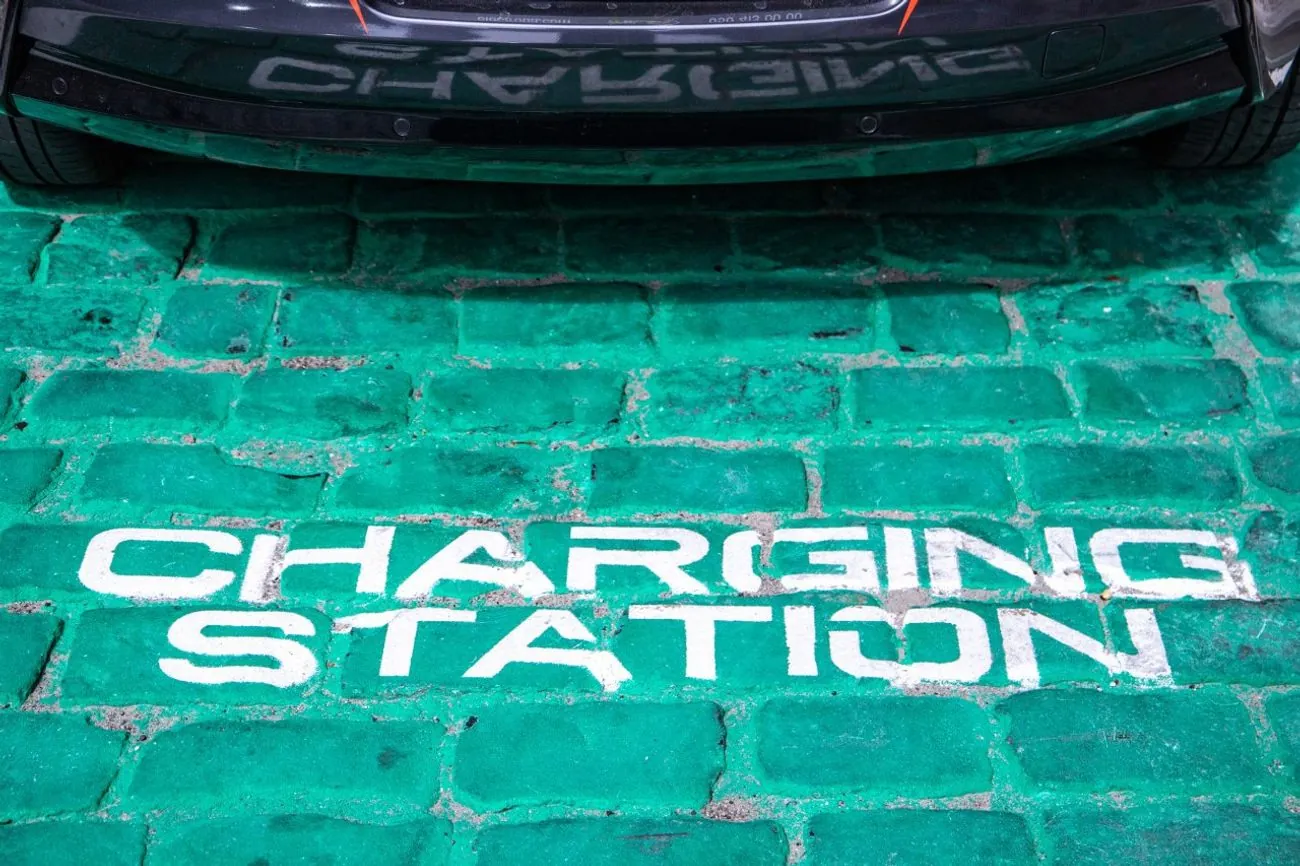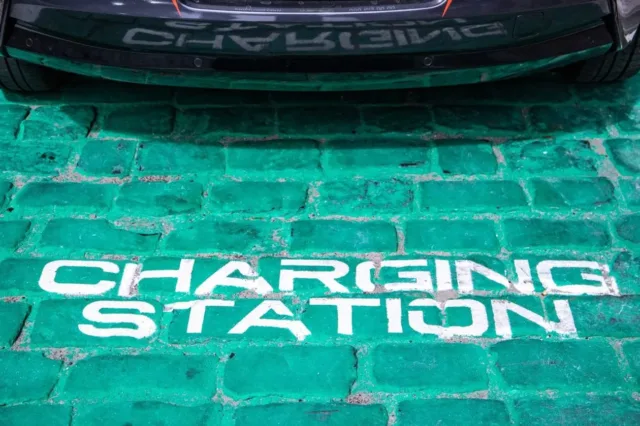
Hyper-competition in China’s electric vehicle sector is affecting its largest market in Asia, Thailand, as smaller players struggle to compete with the dominant company BYD, jeopardizing ambitious local production plans, UNN reports with reference to Reuters.
Details
Neta, one of the first Chinese EV brands to enter the Thai market in 2022, is an example of a struggling automaker finding it difficult to meet the requirements of a strict government incentive program designed to stimulate EV production in Thailand.
Under this program, automakers are exempt from import duties but are required to match import volumes with domestic production in 2024. Citing slowing sales and tightening credit conditions, automakers have asked the government to adjust the program, and the 2024 production deficit has been carried over to this year.
Neta said it could not produce the required number of cars locally, and the government withheld some payments to the EV manufacturer, said Excise Department official Panupong Srikhate, who received a complaint filed last month by 18 Neta dealers in Thailand demanding the return of more than $200 million. The complaint, a copy of which was reviewed by Reuters, also detailed missed payments by Neta related to promised support for showroom construction and after-sales service.
Neta’s parent company, Zhejiang Hozon New Energy Automobile, initiated bankruptcy proceedings in China last month, state media reported.
Neta’s share of Thailand’s EV market peaked at about 12% of EV sales in 2023, when the industry was growing, according to Counterpoint Research data, while BYD’s share that year was 49%.
In Thailand, a regional hub for automotive manufacturing and export, Chinese brands dominate the EV market with a combined share of over 70%.
The number of Chinese EV brands has doubled in the last year to 18, putting pressure on those without the reach of BYD, which has replaced Tesla as the world’s largest EV manufacturer.
In the first five months of this year, new Neta vehicle registrations — a proxy for sales — fell by 48.5% year-on-year, and its share of EV registrations dropped to 4%, according to government data.
«Neta’s decline in Thailand reflects the fragility of second-tier Chinese EV brands both at home and abroad,» said Abhik Mukherjee, an automotive analyst at Counterpoint Research.
«Acute price competition and economies of scale of dominant players have made survival increasingly difficult for smaller companies, especially in export markets where margins are thin and reliable after-sales support is crucial,» the expert noted.
Excess EV production capacity in China and a price war have pushed automakers to expand abroad, but markets like Thailand now reflect the same hyper-competitive pressures, exposing smaller firms to similar risks, the publication notes.
Thailand’s Board of Investment told Reuters on Saturday that Neta’s problems were related to its parent company’s financial situation and would not affect the Thai EV industry in the long term.









